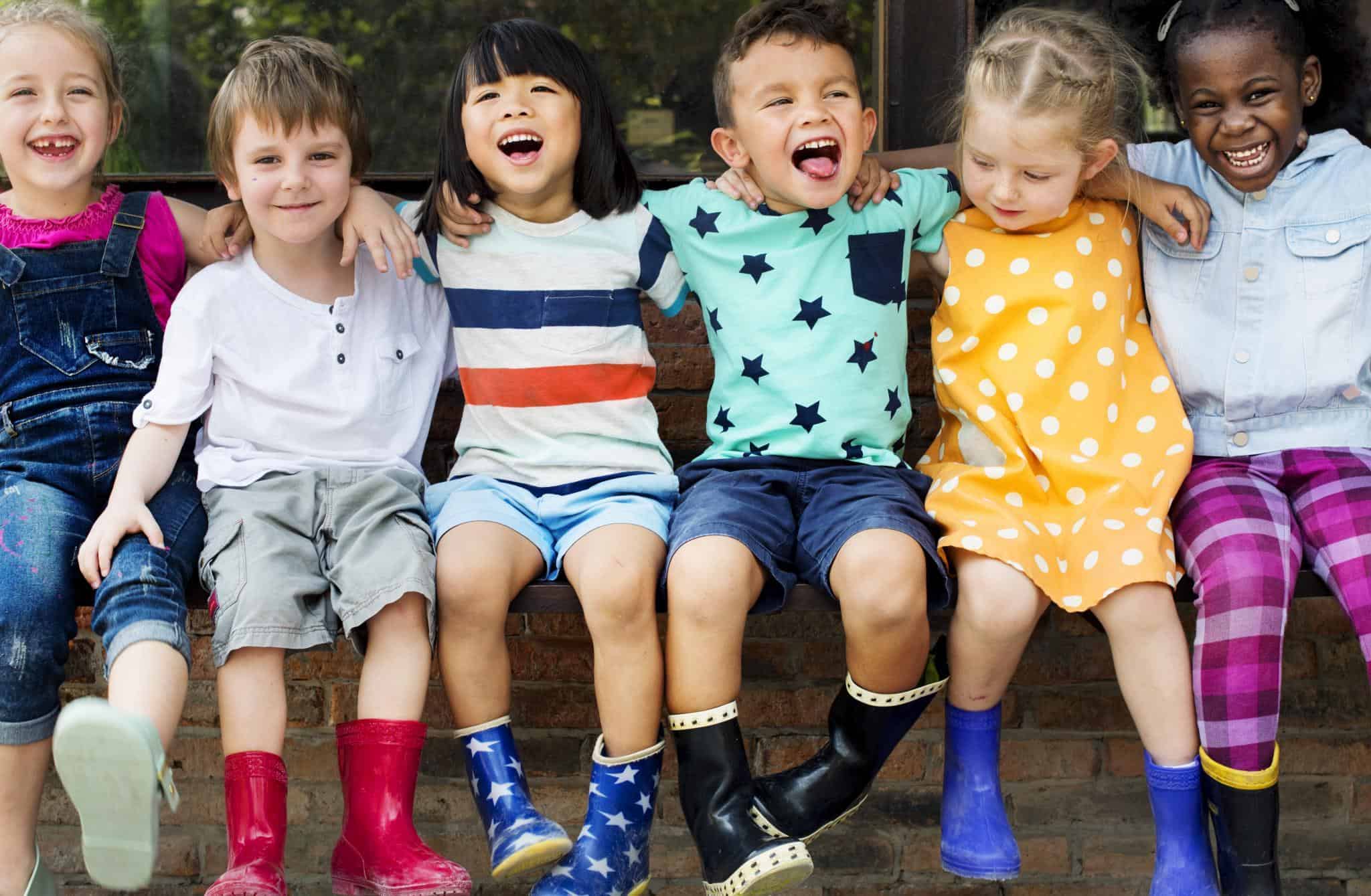The Importance of Play
Beloved educator and children’s television host Fred Rogers once said, “Play is often talked about as if it were a relief from serious learning. But for children, play is serious learning.”
There’s more truth to this quote than you might expect. Play can lead to social-emotional and intellectual growth, and it should be treated less as a break from learning and more as something just as essential.





What Is Play?

It may sound a little silly to describe “play.” After all, we were all children once, and it’s almost impossible to find a child who has never played. But defining play is crucial to understanding why it matters so much in early childhood.
In a nutshell, play is defined here as activities children engage in solely for having fun and not for a specific purpose. Generally, the play that children engage in is not guided by an adult and is more self-directed. Children may play independently or in a group, but the key is that they decide the rules and focus.
Why Is Play Important? The Mental and Social-Emotional Benefits
Now, why is play so essential for children? The benefits of play are wide-ranging, with both social-emotional and academic gains. Let’s go over a few of the most notable findings from educational research to show just how crucial unstructured play can be.
First, play helps children build self-confidence. When children are free to explore their ideas in a non-judgmental space, they’ll be better able to trust themselves and their ideas. Children can also learn social skills when they are playing with their peers. Plus, spontaneous play helps children learn to cope with stress in healthy ways by teaching them to think flexibly.
Play may also have an important role in intellectual development, according to Harvard educators. When children are given time to play, they experience growth in memory, language, and symbol recognition skills.[8] Playtime is also linked to learning readiness, which means that students can feel more engaged and prepared in class.
Best of all, play gives children the opportunity to think creatively. Creative thinking skills are more than just fun: they can play a role in mood and brain development, too.
In short, engaging in play can lead to the following benefits for kids—none of which you’ll want your students to miss out on:
- Self-confidence
- Creativity
- Social skills
- Memory, language, and symbol recognition
- Stress management


















